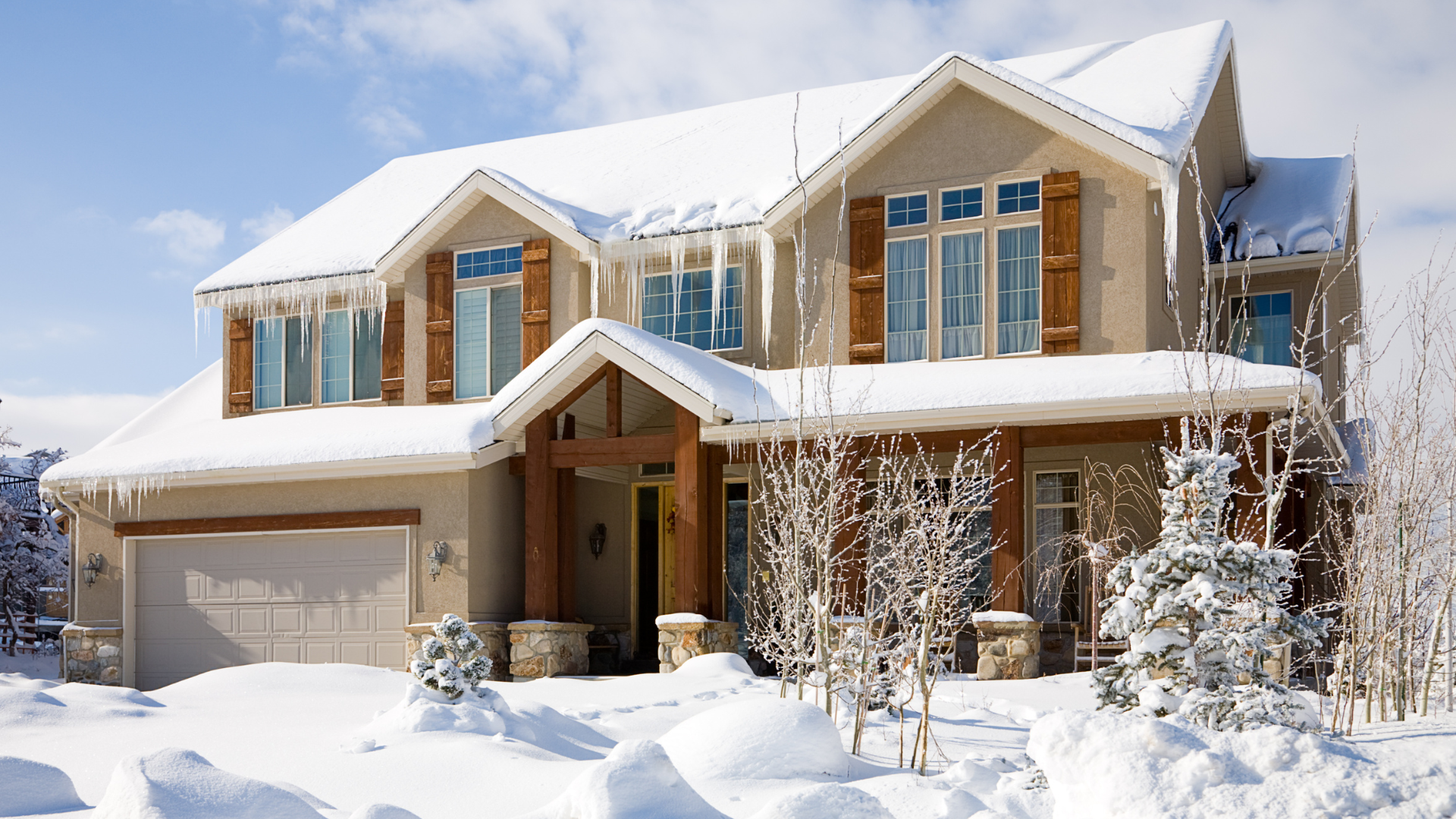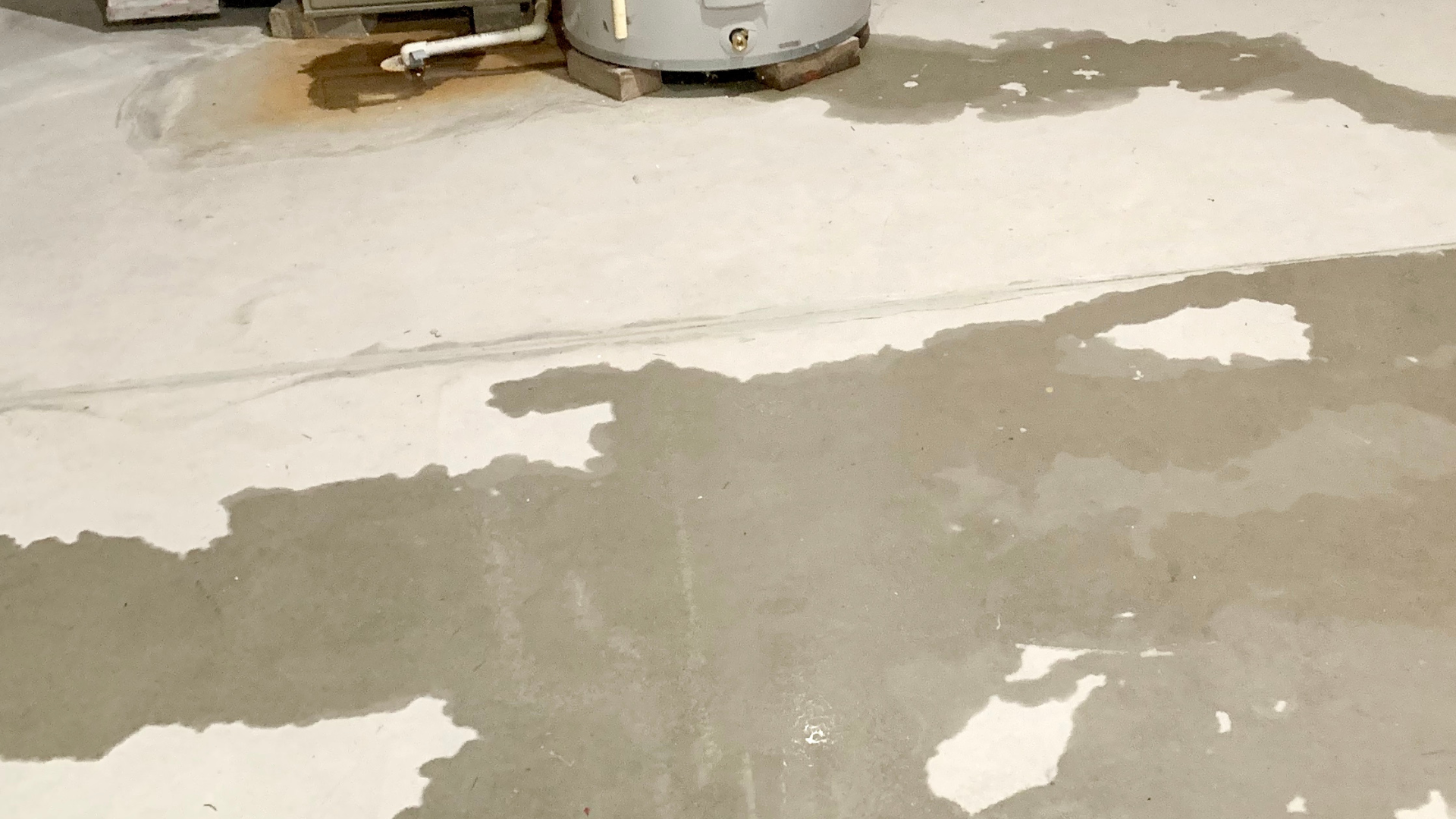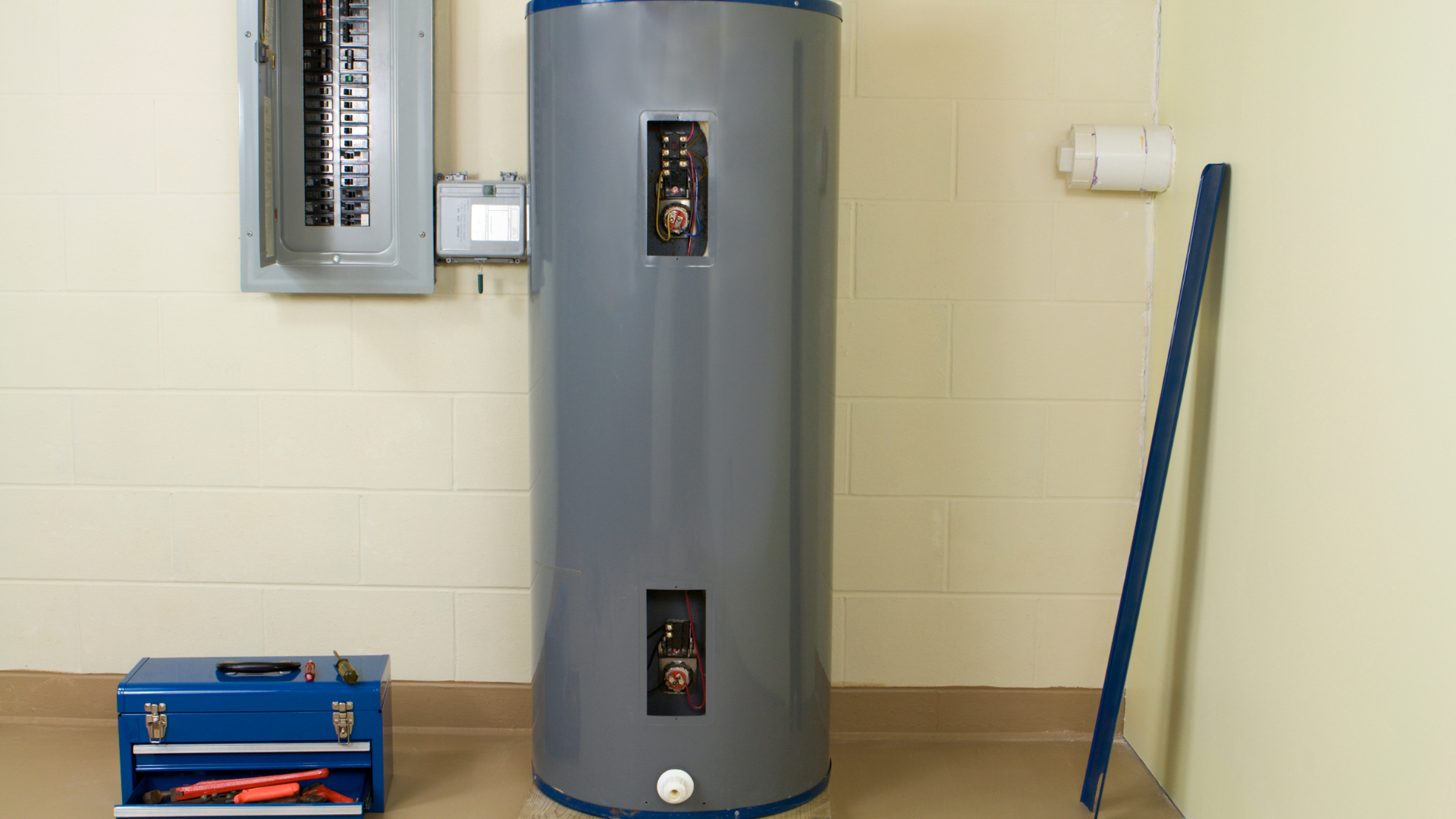Maine
Navigating Home Services in Maine: Licensing, Sales Tax, and Verification in Maine

For homeowners in Maine, understanding the rules for home service contractors can be a bit different than in other states. Maine does not have a comprehensive statewide general contractor license. Instead, it focuses on specific trade licenses and, importantly, local municipal regulations.
Licensing Requirements for Home Service Contractors in Maine
Unlike many states, Maine does not have a statewide "general contractor" license that all contractors must hold. This means that for a wide range of home construction, remodeling, and repair work, a general contractor may not hold a license issued by the State of Maine for that specific role.
However, there are crucial requirements:
- No Statewide General Contractor License (but this may be changing):
- Currently, Maine does not require a state license for general building contractors or remodelers. This means the burden of due diligence regarding experience and reputation often falls more heavily on the homeowner.
- Important Note: There have been legislative efforts to introduce a statewide home contractor license in Maine (e.g., LD 1328 "An Act To License Home Building and Improvement Contractors" in past legislative sessions). While these efforts indicate a growing recognition of the need for statewide regulation, as of current information, a universal general contractor license is not in place. If such a law passes, the requirements would likely include experience, exams, financial responsibility, and continuing education.
- Specialized Trades Require State Licenses: While general contractors might not need a state license, specific trades are strictly regulated by the Maine Department of Professional and Financial Regulation (PFR) through various boards:
- Plumbers: Individuals performing plumbing work must be licensed by the Plumbers' Examining Board. This includes Apprentice, Journeyman, and Master Plumber licenses. Obtaining these licenses requires significant apprenticeship experience and passing comprehensive state-administered examinations. To operate a plumbing business, a Master Plumber license is generally required.
- Electricians: Individuals performing electrical work must be licensed by the Electricians' Examining Board. Licenses include Apprentice, Journeyman, and Master Electrician. These also require substantial experience and passing state exams based on the National Electrical Code. A Master Electrician license is necessary to operate an electrical contracting business.
- Oil & Solid Fuel Technicians: Licenses are required for individuals working on heating systems.
- Landscapers, Architects, Interior Designers: While not typically "contractors" in the same sense, these professionals are also licensed by the state.
- Local Municipal Requirements (Crucial): This is where much of the contractor regulation in Maine occurs. Many cities and towns in Maine, especially larger ones like Portland, Bangor, and Lewiston, have their own requirements:
- Business Licenses: Most municipalities require any business operating within their limits, including contractors, to obtain a local business license.
- Building Permits: For most significant home improvement projects (e.g., structural changes, electrical work, plumbing, additions), building permits are required by the local city or town. These permits ensure the work complies with local building codes (often the Maine Uniform Building and Energy Code - MUBEC) and are typically issued to qualified individuals, which may include locally registered or licensed contractors. Inspections are conducted as part of the permitting process.
- Local Registrations/Licenses: While not always a full "general contractor" license, some towns may have specific local registration requirements for contractors.
Always contact your specific city or town's building department or clerk's office to understand all local licensing, business registration, and permitting requirements for your project before hiring a contractor.
How Sales Tax Applies to Home Service Projects in Maine
Maine has a state sales tax rate of 5.5% on the sale of tangible personal property and certain services. The application of sales tax to home service projects in Maine generally follows these rules:
- Contractors as Retailers (Selling & Installing):
- If a contractor both sells materials and installs them as part of a real property improvement (e.g., installing new kitchen cabinets, a roof, or flooring), Maine generally considers the contractor to be acting as a retailer of those materials.
- Therefore, the contractor is required to collect sales tax from the homeowner on the separately stated retail sales price of the materials and any associated installation labor for those materials that are considered tangible personal property being installed.
- However, if materials and labor are not separately stated, the entire bundled price is generally subject to sales tax.
- Labor for "Pure Services" vs. "Real Property Improvements":
- Generally, Maine does not tax services unless specifically enumerated.
- When labor is provided purely as a service and does not involve the sale of tangible personal property (e.g., certain consulting services, some cleaning services without material sales), it may not be taxable.
- However, for home improvement projects that involve both materials and labor, if the parts and labor are not separately stated on the invoice, the entire amount charged is subject to tax. If they are separately stated, only the parts portion may be subject to tax. This can be complex.
- "Contractor as Consumer" (Less Common for Residential): In some instances, particularly on large public works projects or specific types of contracts, a contractor might be considered the "consumer" of the materials, paying tax to their suppliers and not charging the customer. However, for typical residential home improvements, the "contractor as retailer" rule often applies.
What this means for homeowners:
- For many home improvement projects involving the installation of new materials (e.g., new roof, new windows, kitchen remodel), you will likely see Maine's 5.5% sales tax applied to the materials and potentially the installation labor if it's not clearly separated, or if the contractor is treated as selling the installed goods.
- It is crucial to clarify with your contractor how sales tax will be applied to your specific project and ensure it is clearly outlined in your contract.
How to Verify Licensing in Maine
Verifying a home service contractor's credentials in Maine primarily involves checking for specialized trade licenses and contacting local authorities.
Maine Department of Professional and Financial Regulation (PFR) Licensee Search: This is the authoritative source for verifying state-issued trade licenses.
- Website: Visit the PFR's Licensee Search portal: https://www.maine.gov/pfr/consumer/licensee-search
- Search Options: You can search by:
- Profession: Select the relevant board (e.g., "Plumbers Examining Board," "Electricians Examining Board").
- Name: Enter the individual's or company's name.
- License Number: If provided.
- Information Provided: The search results will show the license status (active, expired, inactive), license number, issue and expiration dates, and any public disciplinary actions.
Contact Local City/Town Building Departments or Clerk's Offices: This is a vital step given Maine's decentralized system.
- Contact Information: Find the official website or contact details for your specific city or town's "Building Department," "Permits and Inspections," or "City Clerk's Office."
- Inquire: Call or visit their office to ask:
- What local business licenses or registrations are required for contractors operating in their jurisdiction?
- How can you verify if a specific contractor holds those local credentials?
- What permits are required for your specific project, and who can pull them?
Maine Secretary of State - Business Services:
- Website: Use the Secretary of State's online search to verify the contractor's business entity registration: https://www.maine.gov/sos/cec/corp/ (look for "Corporate Name Search").
- Search: Enter the business name to confirm it is a legally registered entity in Maine.
Proof of Insurance and Bonding: Always request current Certificates of Insurance for general liability and, if the contractor has employees, workers' compensation insurance. Contact the insurance provider directly to verify coverage.
Due to the lack of a statewide general contractor license, homeowners in Maine must be extra diligent. Thoroughly verify any applicable state trade licenses, and always check with your local municipality for their specific requirements and to ensure proper permits are pulled for your project.
Sources
- Maine Department of Professional and Financial Regulation (PFR) - Licensee Search:
- Main Search Portal: https://www.maine.gov/pfr/consumer/licensee-search
- Plumbers' Examining Board: https://www.maine.gov/pfr/professionallicensing/professions/plumbers/index.html
- Electricians' Examining Board: https://www.maine.gov/pfr/professionallicensing/professions/electricians/index.html
- Maine Revenue Services (MRS) - Sales and Use Tax:
- Instructional Bulletin No. 53 (Sales Tax on Repair Services): https://www.maine.gov/future/sites/maine.gov.revenue/files/inline-files/Bull5302182016.pdf
- Tax Guide for Small Businesses (Refer to sections on sales tax for services and construction): (Often found via searching "Maine Revenue Services Sales Tax Guide for Businesses")
- General Sales Tax Information: https://www.maine.gov/revenue/taxes/tax-types/sales-use-tax
- Maine Secretary of State - Corporations Division (Business Search): https://www.maine.gov/sos/cec/corp/
- City of Portland, Maine - Permits & Inspections: (Search "City of Portland Maine Permits & Inspections" for local requirements.)
- City of Bangor, Maine - Code Enforcement: (Search "City of Bangor Maine Code Enforcement" for local permits.)
- Maine Legislature - LD 1328 "An Act To License Home Building and Improvement Contractors" (Historical context for potential future changes): https://www.mainelegislature.org/legis/bills/bills_126th/billtexts/SP045901.asp
Click Another Article to Read More










